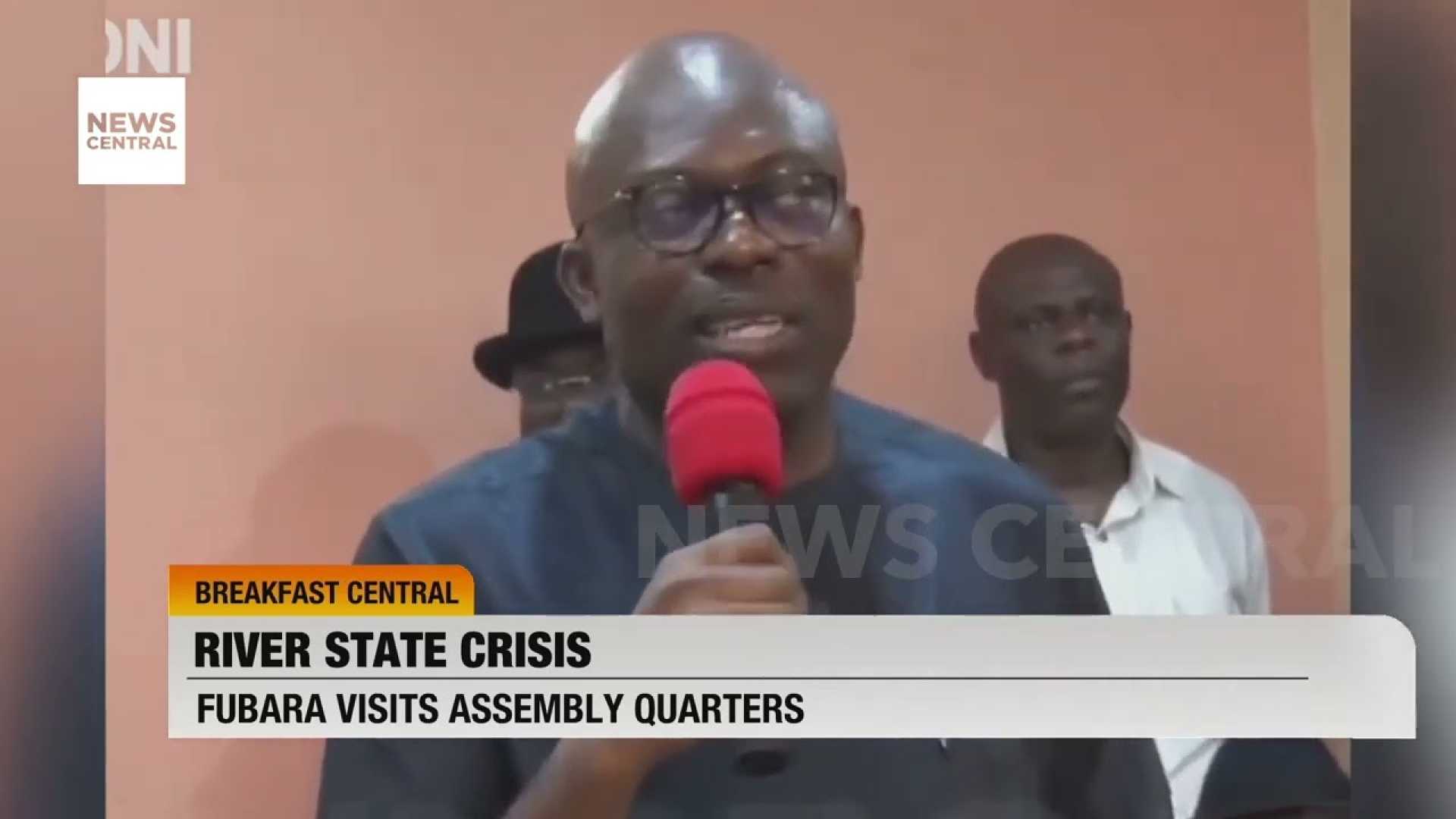Politics
Political Turmoil in Rivers State Escalates Amidst Governance Crisis

Since the return to civilian governance in 1999, Rivers State, a key region in Nigeria, has witnessed significant political developments and turmoil. The state has been led by five governors, including Peter Odili, Celestine Omehia, Chibuike Amaechi, Nyesom Wike, and the current governor, Simnalayi Fubara. A major political crisis erupted in 2006 during the People’s Democratic Party (PDP) governorship nomination, which saw Amaechi’s nomination overturned despite winning the primary, a move sanctioned by then-President Olusegun Obasanjo. The Supreme Court later installed Amaechi as governor after nullifying Omehia’s election.
During Amaechi’s administration, a significant political figure, Nyesom Wike, served as the Chief of Staff and later as Minister of State for Education. Wike became a prominent figure in Rivers State politics, eventually winning the governorship election in 2015, backed by former President Goodluck Jonathan. After serving two terms, he was succeeded by Fubara, whom he supported during the elections. Wike’s influence remained strong, with speculations that he financed numerous political campaigns during the 2023 general elections, thereby maintaining control over the State Assembly.
Governor Fubara faced his first major challenge when a fire broke out at the assembly complex in October 2023, believed to be caused by arsonists. Following this incident, the State House of Assembly initiated impeachment proceedings against Fubara, accusing him of gross misconduct. The political scene became further complicated with the emergence of two factions within the Assembly, each claiming legitimacy.
The judiciary became involved, with conflicting court orders attempting to resolve the impasse. However, a ruling by Justice Monina Danagogo of the Rivers State High Court identified Edison Ehie as the legitimate Speaker. Despite the legal interventions, tensions persisted as Fubara introduced the 2024 budget to a minority faction of the Assembly, a move contested by the rival Speaker’s faction.
Political tensions escalated when 27 lawmakers, aligned with Wike, defected to the All Progressives Congress (APC), citing divisions within the PDP and unpaid salaries as reasons. President Bola Tinubu intervened, facilitating an agreement on December 18, 2023. This agreement included withdrawing all court cases, halting impeachment proceedings, and ensuring autonomy for the Assembly, among other resolutions.
However, compliance with these resolutions has been partial, with Fubara failing to re-present the budget to the recognised Assembly faction. The political climate deteriorated as subsequent elections led to violent protests and arson attacks on several council secretariats, causing deaths and destruction.
The ongoing crisis reflects a deep power struggle between different political entities, with President Tinubu urging calm and recommending judicial resolution. Rivers State remains crucial as a major oil-producing region, and its stability is paramount for Nigeria’s economic health. Experts have compared the unrest to previous national crises, highlighting the potential for significant political ramifications if not promptly addressed.












